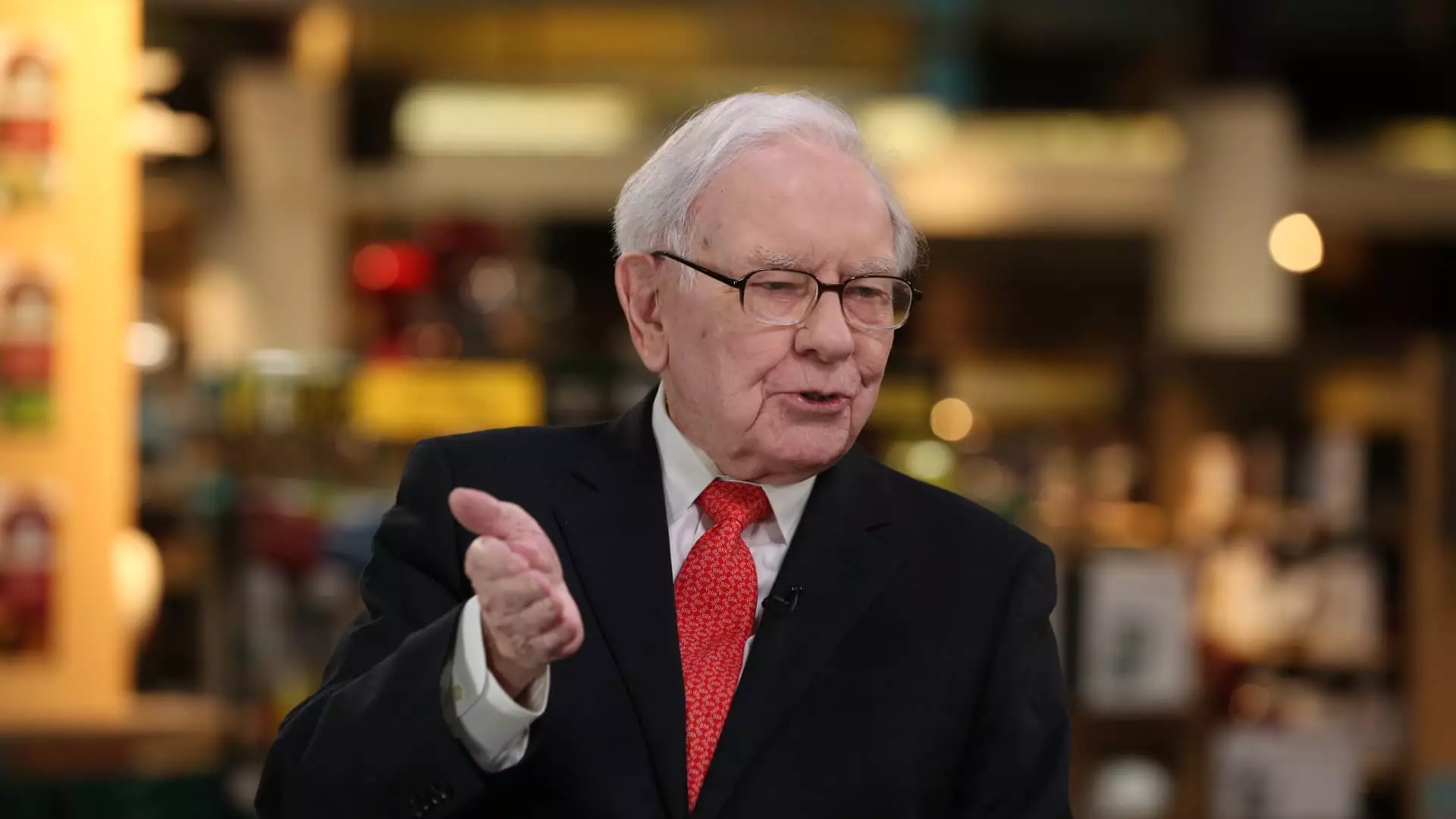The persistent threat of tariffs, especially as articulated by past administrations, has significant implications for both national and global economies. President-elect Donald Trump’s announcement of new tariffs upon assuming office in January 2021 sparked immediate concerns regarding the potential fallout from such policies. Notably, Warren Buffett, the CEO of Berkshire Hathaway, has frequently warned against the risks of tariff imposition, emphasizing the interconnected nature of global trade. His insights shed light on the intricate dance between trade policies and consumer well-being.
Buffett’s commentary on tariffs underscores the potential for significant economic disruptions that extend far beyond the borders of the United States. When tariffs are introduced, they inherently act as a “tax on consumers,” resulting in increased prices for goods and services. This rise in prices does not merely pinch wallets; it can lead to inflationary pressures that disproportionately affect low- and middle-income households. The economic principle at play is straightforward: as production costs rise due to tariffs, consumers inevitably face the brunt of these hikes at retail outlets. Buffett warned that the ramifications of aggressive tariff strategies could escalate into broader economic strife, impacting even those countries that may initially seem insulated from such policies.
The historical context of trade wars illustrates their propensity to undermine international relationships and cooperation. Buffett likens the current tariff threats to a contentious wrestling match that disrupts an otherwise fluid trading environment. He argues that a world more adept at free trade allows for economic growth and improved living standards. Contrarily, a reliance on tariffs and punitive measures not only stifles trade but can also create a cycle of retaliation, where nations respond in kind, often exacerbating tensions rather than resolving them. Buffett advocates for a return to diplomatic negotiation rather than confrontation, suggesting that an educator-in-chief role in leadership can help elucidate the benefits of free trade to a skeptical public.
Consumer sentiment is largely shaped by perceptions and the economic landscape laid out by governmental policies. The threat of tariffs can provoke a psychological impact where consumers begin to second-guess their purchases, creating a ripple effect throughout the economy. If individuals anticipate higher prices, they may alter their spending habits which could lead to decreased consumer confidence — a critical driver of economic activity. As Buffett highlighted, many are unaware of the previously untroubled prices of their everyday items, and a looming threat could disrupt the perceived stability of the market. This subtlety of economic behavior emphasizes why the rhetoric of tariffs carries weight beyond mere percentages and policies.
The implications of tariff threats pose a complex dilemma for economies striving to balance protectionism and free trade. As exemplified by Buffett’s insights, the act of imposing tariffs not only incurs immediate economic costs but also threatens long-term global stability and consumer welfare. It is imperative for current and future leaders to recognize this delicate equilibrium and communicate with clarity and rationale in their trade policies. Building bridges rather than walls, through free trade education and strategic diplomacy, can enhance global cooperation and prosperity, ultimately benefiting the world economy as a whole.

